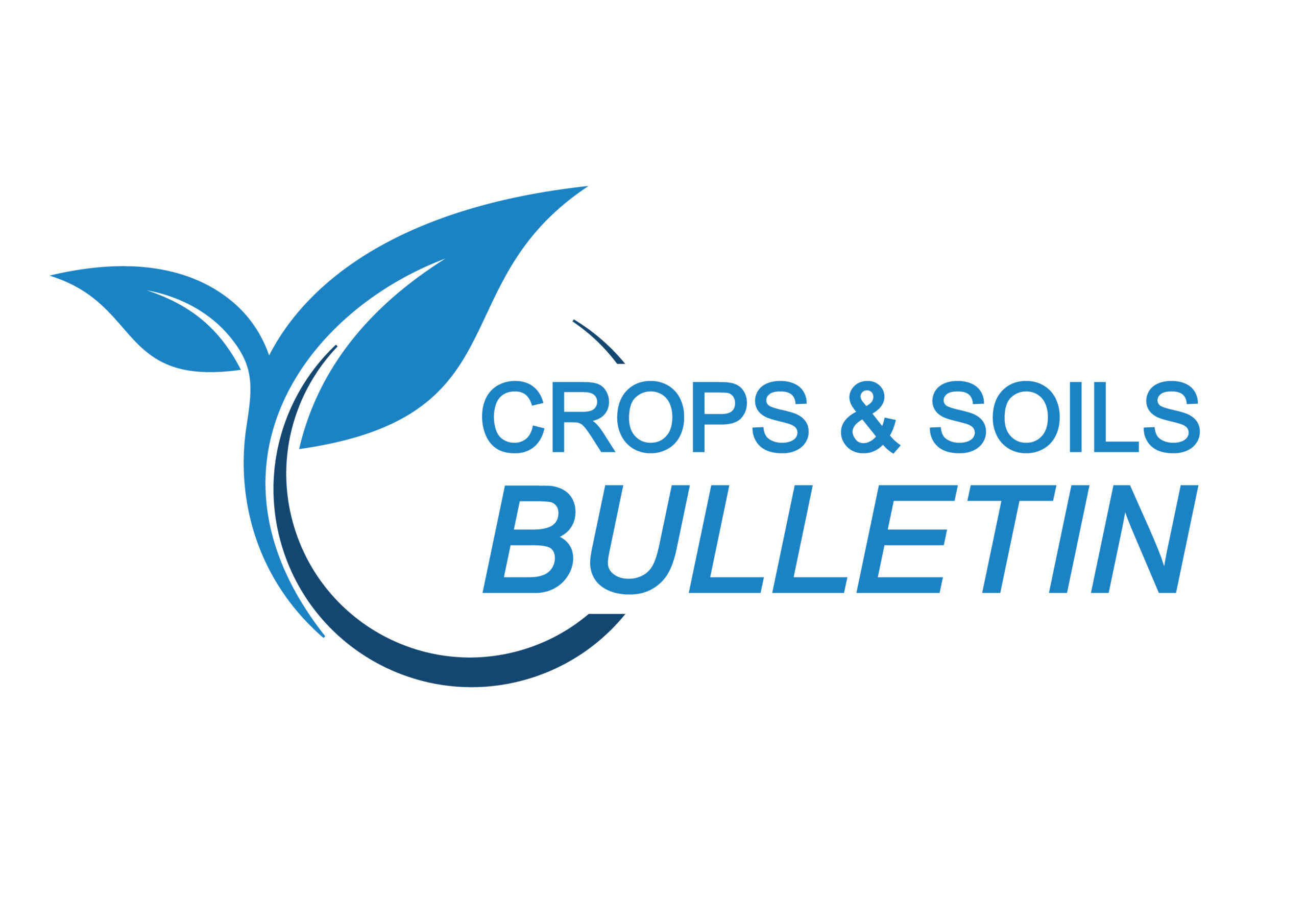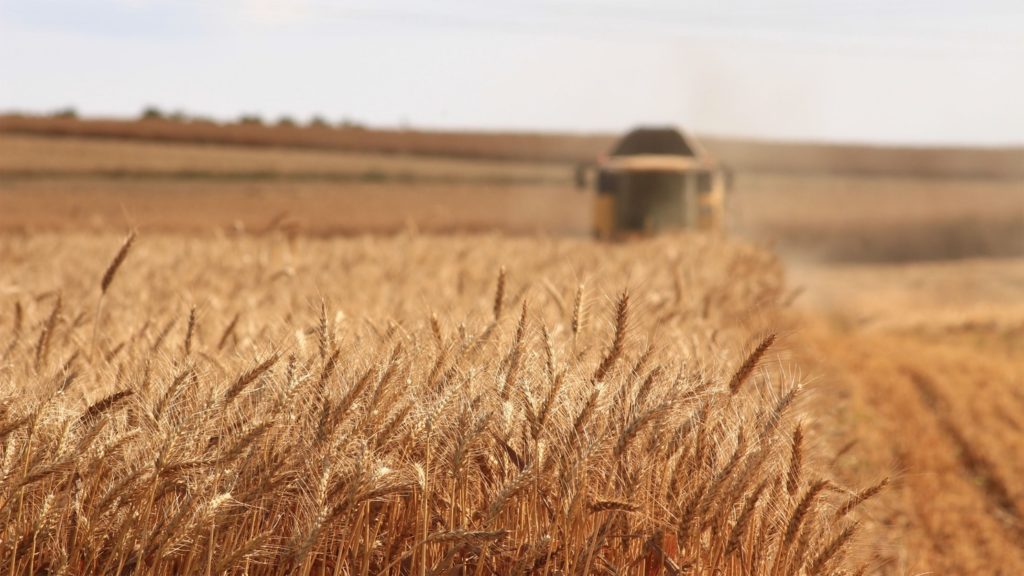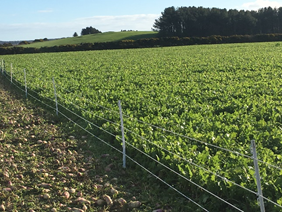Get Ready for Harvest
25 June 2024As we head into summer, cereal and oilseed rape crops are now fast approaching the “shut the gate” stage. You have done what you can agronomically, and the fate of the crops is now firmly back in the hands of Mother Nature.
The means however, that the countdown to harvest has begun and while this is always a busy and stressful time in the farming calendar, good preparation beforehand can help make harvest time pass as smoothly and as successfully as possible.
Get Grain Stores Ready
Make sure grain storage areas are cleaned out properly. Insect pests can be harboured in the store structure and fabric, any machinery or other items stored in the building and even small amounts of grain can sustain pests as well as providing opportunities for vermin.
While using a brush will remove much of the larger and visible debris, using a hoover will remove the smaller particles with an airline ideal for blowing out those hard-to-reach places. Once clean, the area should be sprayed with a suitable insecticide with regular monitoring undertaken to assess effectiveness.
The structure of the store should also be checked to ensure:
- it is weather-proof and that no water can enter.
- it is bird and rodent proof.
- Floors and walls have no broken or cracked areas. As well as being a potential haven for pests, parts of stone and concrete could break off and contaminate the grain bulk.
- Lights are secure and cleaned.
Further details on pre-harvest grain store management can be found here:
Is Your Grain Store Harvest Ready? | Helping farmers in Scotland | Farm Advisory Service (fas.scot)
Make Sure Machines are Serviced and Ready to Go
Keeping machinery going is key to a successful harvest- downtime due to breakdowns can be expensive financially and have implications in terms of crop quality and yield. Poorly maintained and set equipment can damage the crop and impact on work rates.
Pre-harvest servicing is a vital part of the preparation process – this is important from the most modern, expensive combines right through to simpler loaders and trailers.
- Follow manufacturers guidance for servicing and adhere to intervals - for some machines this may mean using the local dealer.
- Make sure operators are fully aware of what needs to be done regularly - what needs to be greased and oiled daily, how often filters need changed, how regularly to check tensions on chains and belts etc.
- The capability to clean down equipment is also important, having a mobile compressor and airline can help remove dust and debris – removing a fire hazard and helping improve air intakes and efficiency.
- Keep a stock of any parts that need frequent changing and be ready to adapt depending on conditions, e.g. knives for cutting bar blades, particularly if crops are weedy or meadow grass is present, links for chains and common belts etc.
- Road work and heavy loads will put tyres and brakes under pressure – make sure these are in good condition along with trailer lights and indicators.
- Grain driers and ancillary equipment should be treated as an extension of the grain store in terms of cleaning to reduce the risk of infestation. In addition, moving parts, sensors, fans, and burners should be serviced to ensure optimum efficiency and temperature control.
Finally a good operator knows how to get the very best from their machine, especially important where machinery has been upgraded as technology constantly evolves. A good understanding of how to adjust settings and adapt to changing conditions ensures optimum performance – even the most experienced operator can sometimes benefit from help from the dealer or their demonstrator.
Avoid Harvest Hassle by Planning Logistics
Farms and machinery are getting bigger- this means that careful planning is needed to ensure that combine capacity is matched by trailer and drying/storage capacity. This is particularly important where machines have been upgraded by the farmer or a contractor or even extra land has been taken on. This may mean hiring extra trailers or looking for additional labour over the harvest period to make sure combines are not sitting waiting for trailers - frustrating and costly for both operators and contractors alike.
Careful planning of the harvest process also includes the simple things - make sure there are:
- plenty of sample bags and a process in place for drawing representative samples from different bulks.
- grain passports have been delivered and accessible for loading lorries.
- A list of contracts and contacts – who gets what, how much, when and who is responsible for samples.
- If spraying off crops with glyphosate, make sure it is done timeously and planned so that harvesting is not delayed due to harvest intervals or too much is left over-ripe should the weather stop harvesting for a spell.
Having flexibility again is key and if there is an option to deliver to a nearby store, this can be mutually beneficial for both farmer and merchant.
Keep Your Grain Cool
Movement of grain can be an issue and where grain is being stored awaiting collection it is important to make sure that there are adequate pedestal fans and spears (that are in working order) available to keep grain cool. Temperatures should be monitored regularly to ensure grain remains cool with any hot spots identified as soon as possible.
Once grain starts to heat this can very quickly have significant implications for grain quality, from germination to the development of moulds and infestation, all of which can lead to costly rejections and loss of premiums and indeed even incur further costs for redirection and treatment.
Harvest is a crucial time of the year – spending time in the lead up planning and preparing can remove much of the stress involved. Making sure machinery, stores and procedures are in place and ready can help save time and money as crops can be harvested at the right time and in the right conditions, making sure they achieve optimum value for maximum profitability.
George Chalmers, SAC Consulting
Sign up to the FAS newsletter
Receive updates on news, events and publications from Scotland’s Farm Advisory Service















